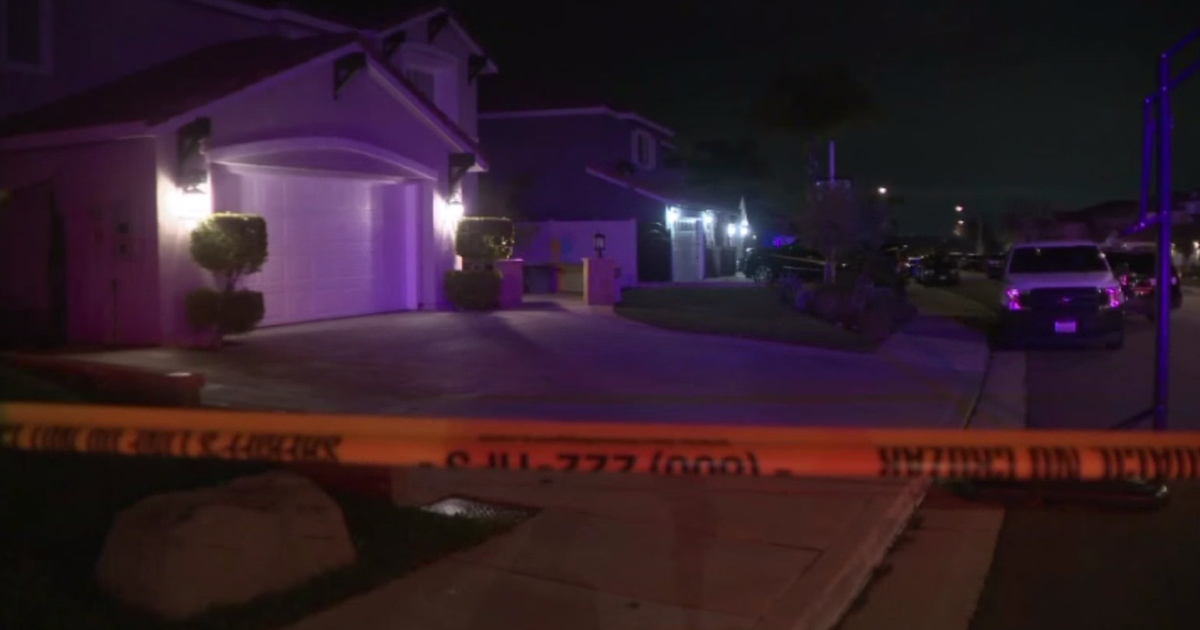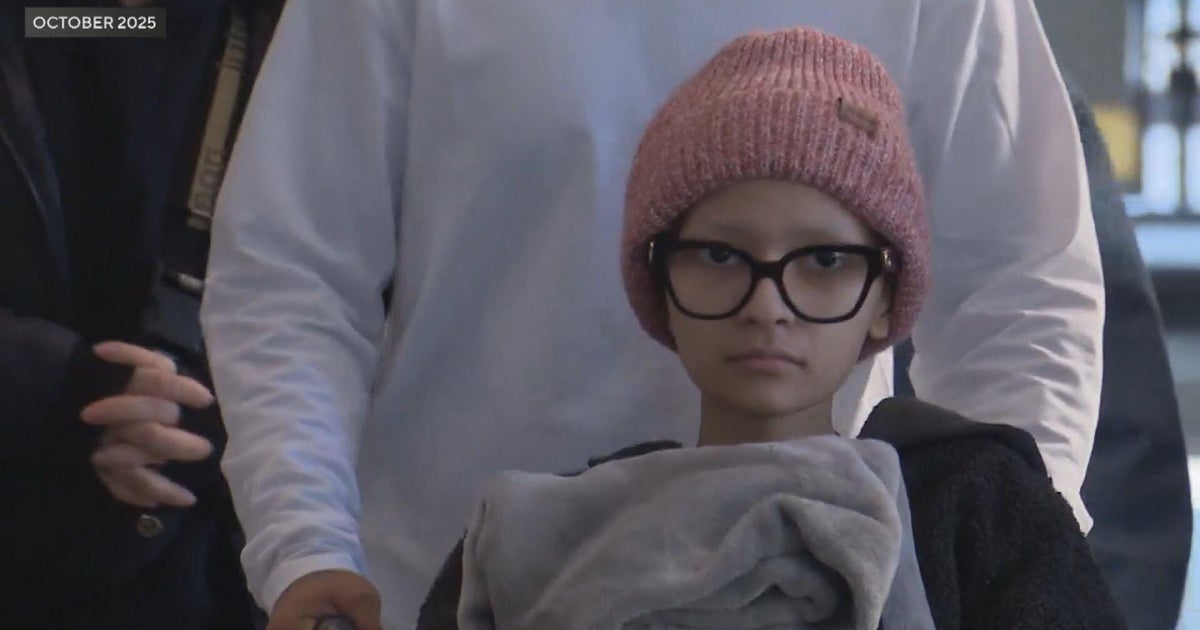Mosquito-borne EEE virus causes 2nd death of the year in New Hampshire
DANVILLE, N.H. - New Hampshire health officials on Friday announced that a second resident has died from Eastern Equine Encephalitis, the mosquito-borne virus more commonly known as EEE.
The state's Department of Health and Human Services only identified the victim as an adult from Danville who had been in the hospital. Danville is less than 10 miles from the Massachusetts border.
This is the fifth person in New Hampshire this year to contract EEE, which the Centers for Disease Control says is deadly in about 30% of cases.
New Hampshire EEE infections occurred in August
The department stressed that there have not been any new EEE infections in recent weeks.
"All five residents who have been infected with EEEV so far this year came down with their illness in August, so the recently identified infections do not represent newly acquired disease," the department said in a statement.
In late August, 41-year-old Steven Perry from Hampstead, New Hampshire died from EEE. His family said he was healthy and had no underlying conditions, but he developed severe central nervous system disease and died within a week.
In upstate New York, the death of a resident there in September promoted the governor to declare an "imminent threat to the public for EEE."
What is EEE?
EEE is "exceedingly rare," CBS News medical contributor Dr. Céline Gounder says. It is usually spread by mosquitoes in swampy areas, including red maple and white cedar swamps of Massachusetts. The word "equine" is in the name because horses are believed to be a host animal.
Symptoms can include fever, headache, vomiting, diarrhea, seizures, behavioral changes and drowsiness, the CDC says. People who survive EEE can still experience neurologic problems.
There is currently no EEE vaccine available to the general public.
EEE risk levels in New Hampshire and Massachusetts
The New Hampshire health department said there's been a decline in mosquito activity as the weather turns cooler. But the insects won't be gone until there's a hard frost, so people are still urged to protect themselves against bites when outside by wearing repellants, long sleeves and pants and consider avoiding outdoor activities at dawn and dusk.
Massachusetts, which has seen four human EEE cases this year, recently lowered the risk level for the virus in several cities and towns. There are now zero communities considered to be at high or critical risk for EEE infection.
"The mosquitoes that are most likely to spread EEE to people are dying off and are present in much smaller numbers," state epidemiologist Dr. Catherine Brown said in a statement.







